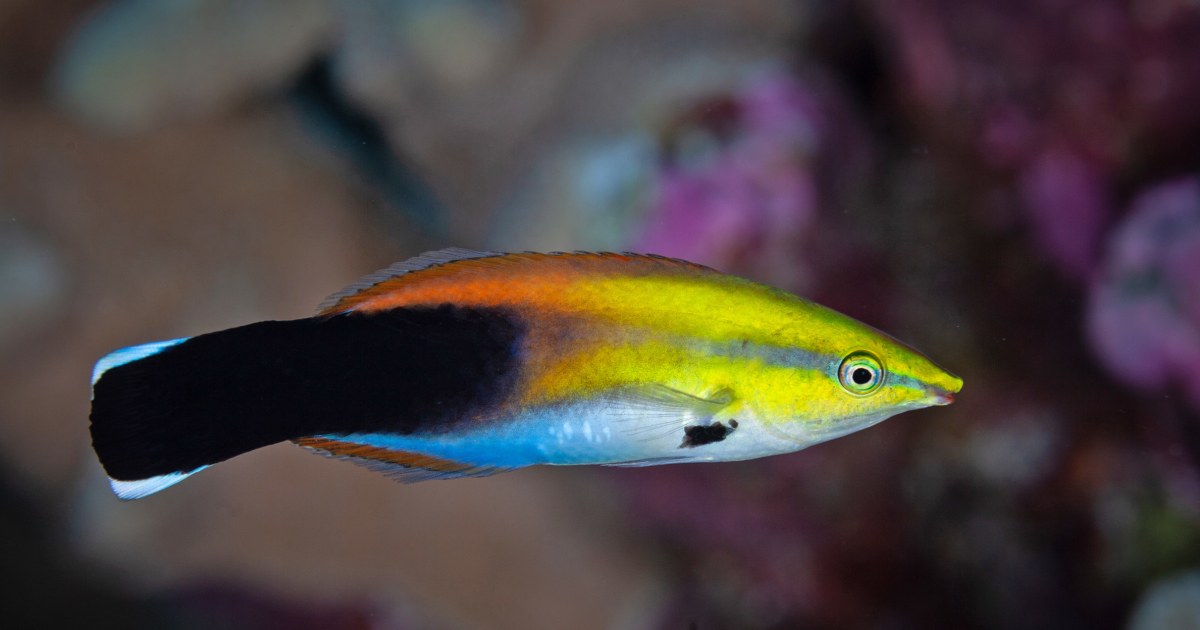- cross-posted to:
- biodiversity@mander.xyz
- cross-posted to:
- biodiversity@mander.xyz
Far more animals than previously thought likely have consciousness, top scientists say in a new declaration — including fish, lobsters and octopus.
Bees play by rolling wooden balls — apparently for fun. The cleaner wrasse fish appears to recognize its own visage in an underwater mirror. Octopuses seem to react to anesthetic drugs and will avoid settings where they likely experienced past pain.
All three of these discoveries came in the last five years — indications that the more scientists test animals, the more they find that many species may have inner lives and be sentient. A surprising range of creatures have shown evidence of conscious thought or experience, including insects, fish and some crustaceans.
That has prompted a group of top researchers on animal cognition to publish a new pronouncement that they hope will transform how scientists and society view — and care — for animals.
Nearly 40 researchers signed “The New York Declaration on Animal Consciousness,” which was first presented at a conference at New York University on Friday morning. It marks a pivotal moment, as a flood of research on animal cognition collides with debates over how various species ought to be treated.



Ofc they are sentient.
I fail to understand why do we will push the ‘no expression of the face means no intelligence or emotions bcs most of us communicate that way’.
It always turns out that whatever brain mechanics we think of as our own we later & with minimal research find in other animals as well.
Evolutionary speaking too, same brain centres (with various density and relative size - of which we dont have all that dense brains & and most parts are underdeveloped), it’s absolutely unlikely we would have developed something new in a few millions of years (especially given smol & fragmented populations facing extinctions and smol gene pools - tho that could be interpreted the other way too). It’s just specialisation, some (advantageous) functions grew, other were optimised to the point of non-existence.
Then again, given how intolerant are we to our own species in terms of our emotional response to slight visual differences (I mean vcompletely evolutionary, uncanny valley thing, the next village of humanoids might have been competing for the same resources, which makes different culture/colours/face shapes = danger, etc), how we choose to ignore compassion (like ‘look at that idiot, ofc they have no feelings, not unlike me, the superior being’) … ofc we can’t immediately recognise and understand what and how animals are feeling. It takes a lot of time, effort, & empathy (mechanical empathy, like to fully underhand their environment from their pov, and emotional empathy, how they are processing that environment).
And the bigger the difference and habitats, the harder it is (like any sea animal really). Anything non-mammal seems alien to us, no matter the smarts (eg cuttlefish, that can clearly experience psychological trauma on individual and population/cultural level).
And then there are fungi. After that plants. And whatever we choose bacteria to be (like beings, or just a literal matter of environment we live within). Etc :).